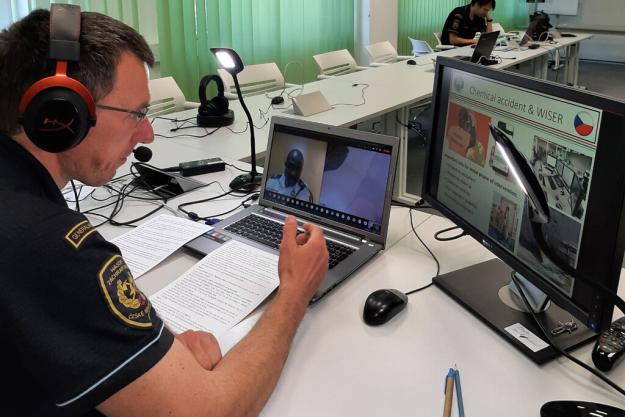
THE HAGUE, Netherlands–30 April 2021–Chemical emergency first responders from the Economic Community of West African States (ECOWAS) enhanced their skills in using the Wireless Information System for Emergency Responders (WISER) and the Emergency Response Guidebook (ERG) during an online workshop. The training was conducted from 28 to 29 April by the Organisation for the Prohibition of Chemical Weapons (OPCW) and the Population Protection Institute of the Fire Rescue Service of the Czech Republic.
The course leader from the Population Protection Institute, Lt Col Ladislava Navrátilová, stressed: “The Institute fully supports OPCW’s endeavour to strengthen chemical safety and emergency preparedness in Africa during this challenging time. We are committed to further advancement of chemical emergency response capacities on that continent.”
Programme Officer from the OPCW’s Assistance and Protection Branch, Mr Babatunde Olowookere, remarked: “This course aims to equip ECOWAS professionals with the knowledge necessary to mount an effective response to chemical emergencies, provide a platform for information and experience sharing, and strengthen the regional network of experts involved in chemical emergency response.”
To learn how to accurately characterise and rapidly contain incidents involving hazardous chemicals, the participants familiarised themselves with ERG and WISER, which are key evaluation tools and sources of information on hazardous substances, protective distance plotting, and containment.
The course was attended by 18 professionals from seven OPCW Member States in ECOWAS: Benin, Cote d’Ivoire, Ghana, Liberia, Nigeria, Senegal, and Togo.
This was the third OPCW training on the use of ERG and WISER in Africa, following the courses for the Southern African Development Community (SADC) in March 2021, and the East African Community (EAC) in October 2020. The training will continue to be offered in other regions of Africa.
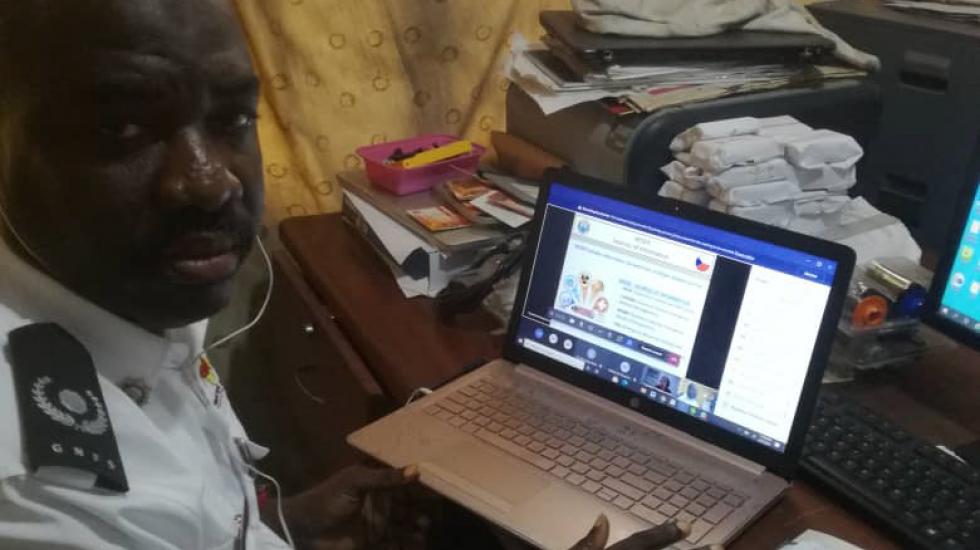
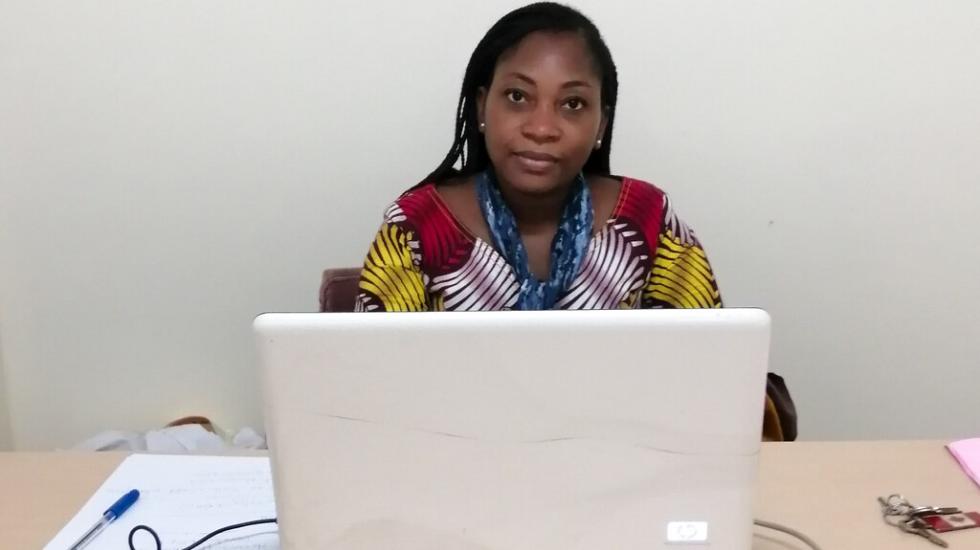
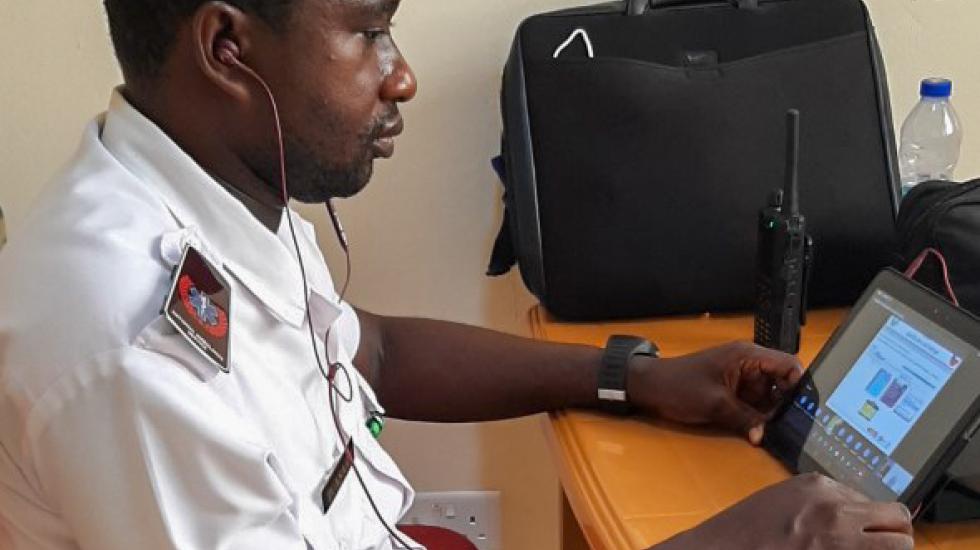

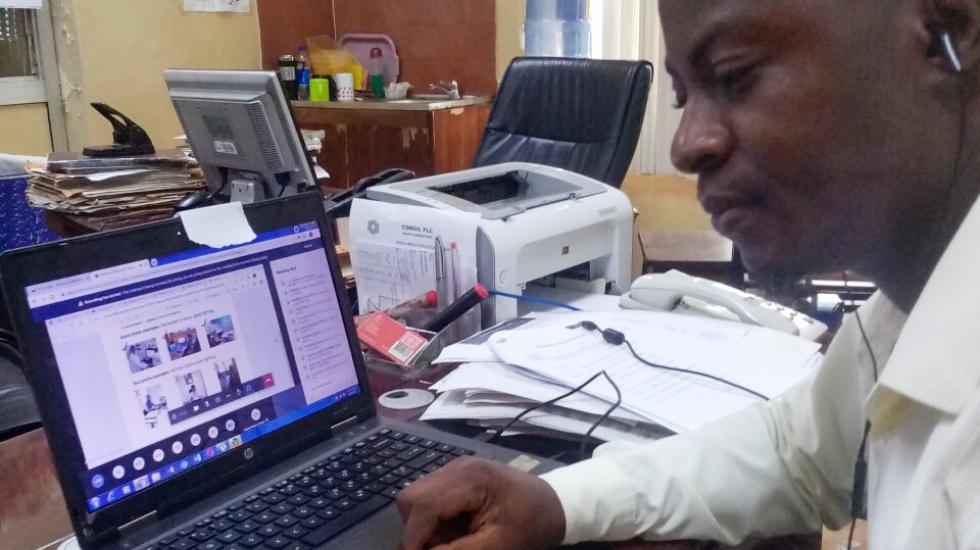
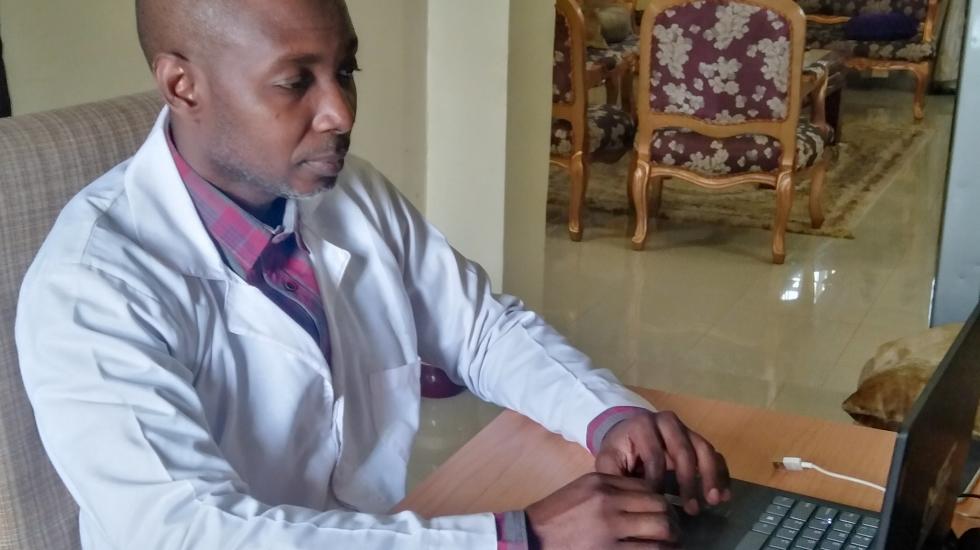
Background
As the implementing body for the Chemical Weapons Convention, the OPCW, with its 193 Member States, oversees the global endeavour to permanently eliminate chemical weapons. Since the Convention’s entry into force in 1997, it has been the most successful disarmament treaty eliminating an entire class of weapon of mass destruction.
Over 98% of all declared chemical weapon stockpiles have been destroyed under OPCW verification. For its extensive efforts in eliminating chemical weapons, the OPCW received the 2013 Nobel Peace Prize.
